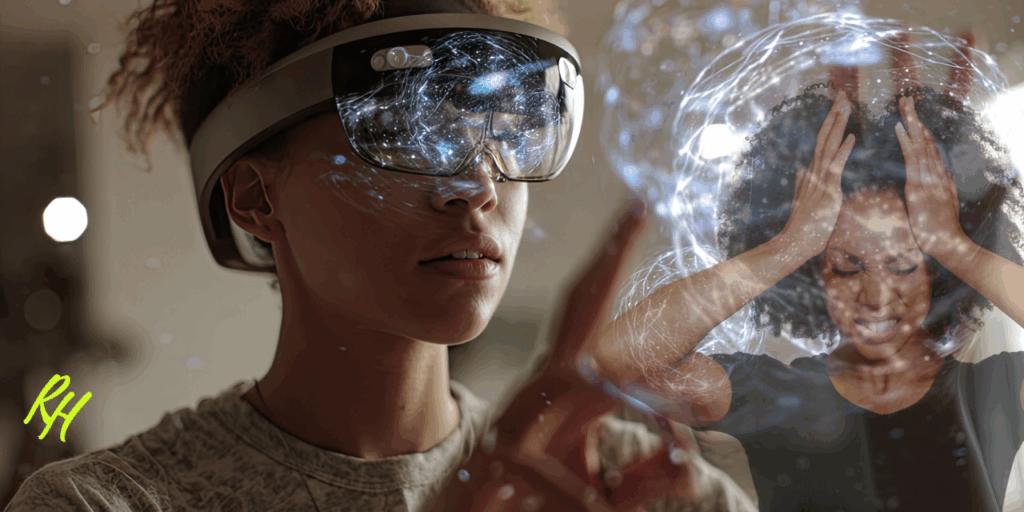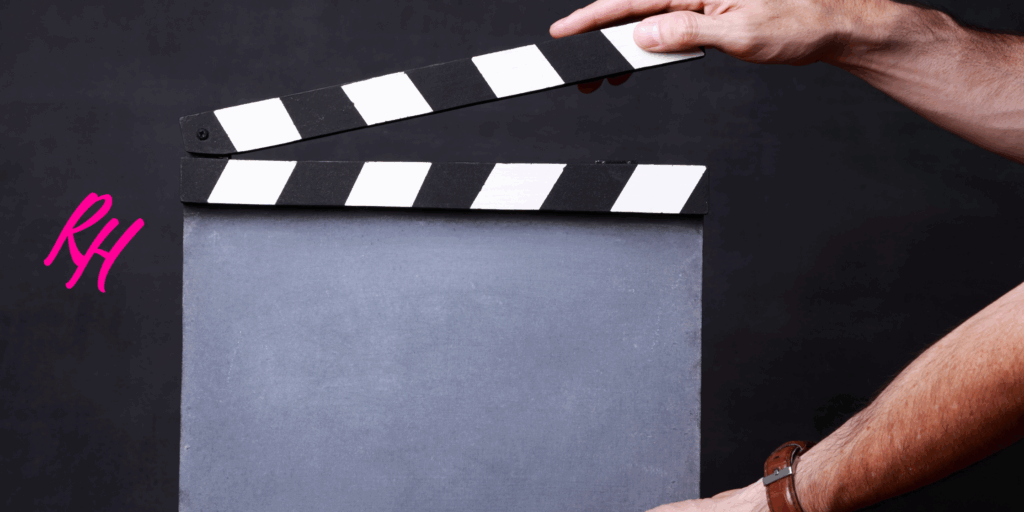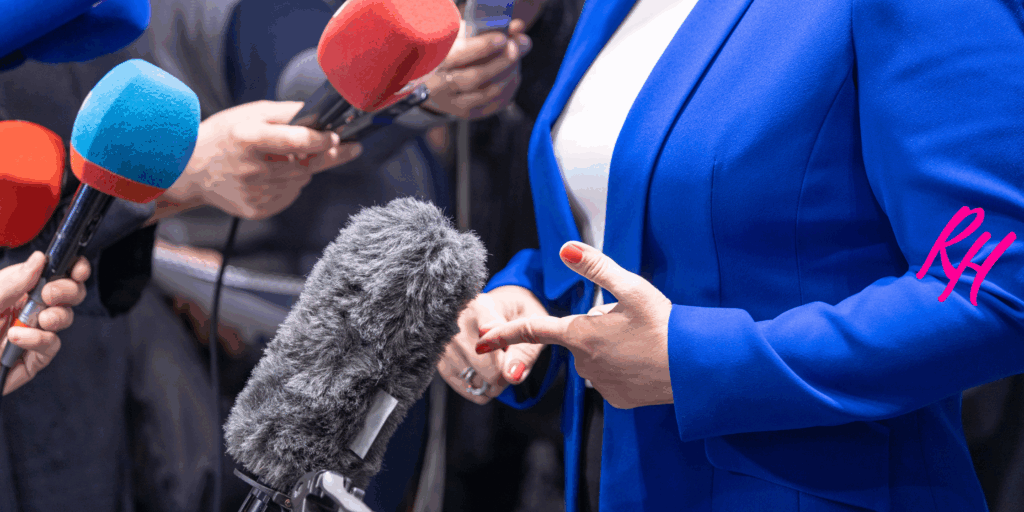[vc_column_text]Have you ever noticed that people who are truly excellent at what they do don’t actually see themselves as really remarkable, whereas those – we’ll call them “less skilled” – see themselves as being incredible in that particular skill set? This is the Dunning Kruger Effect, and yes – you too probably fall victim to it.
In training leaders and CEOs across the globe, I was genuinely shocked at the lack of self-awareness in most leaders. It’s the lack of self-awareness that actually drove me to create icueity, which is a 360 degree, continuous review that’s available on a mobile app. It allows everybody to recognize how the world sees them, not just how they think the world should perceive them thinking.
Back to my training as a biologist. I might have been more prepared for this general lack of self-awareness, and that’s because it’s an instinct for us to self-deceit. This is well-documented in the illusory superiority bias, where an individual overestimates their skills and abilities relative to others. For example, between 88-93% of American drivers believe that they are better than the average driver. Um…statistically that is just not possible! 70% of people believe that they’re better than the average leader. And no, not all of us have above average children (except you mom and dad!). Fascinatingly, it turns out that it’s those that are least skilled in any particular area that often rank themselves as the most skilled right up alongside the actual experts. That would be like my seven-year-old niece rating herself as good at singing and dancing as Beyoncé – but what about Beyoncé and her equivalents? You know, the actual experts in those particular fields? Welp, it turns out that they suffer from the Dunning-Kruger Effect as well – just in a different way than my seven-year-old niece might.
Did you ever have a colleague or boss that used jargon or acronyms that were way outside of your wheelhouse? They felt like they were just having a normal conversation with you, and you felt like you needed an actual interpreter to understand the words that were coming out of their mouth? Or maybe you have a teenager, and they’re constantly “LOL-ing” or “SMH-ing” at you as you stare blankly at these cryptic messages that they’re sending you. What even is that? This is where experts lose their grip with reality. On the opposite side of the Dunning-Kruger curve, people that have mastered their fields (whether it’s quantum physics or texting with acronyms) feel like everybody is speaking the same language as them. They often have no idea just how good they are at what they say and do, and so they assume everyone else around them is just following along with them. High achievers also tend to suffer more from Imposter Syndrome, which just reinvigorates this cycle that they’re nothing special. After all, doesn’t everybody in the world know how to name all the birds in their backyard and calculate EBITDA and write a book and [fill in the blank here]?
Nobody seems to be able to escape the challenges collectively known as the Dunning-Kruger Effect. People that are incompetent on the particular skill don’t have the skills to look internally at themselves, and people that are excellent at any particular skill don’t seem to have the knowledge or ability to look externally at those around them and rank themselves accurately. Minorities and others that face stereotype bias may be particularly influenced by being an expert and not recognizing their expertise in that particular area. For example, in one study, despite the women doing equally as well on this science quiz as the men, the women rated their performance as lower and were then subsequently less likely to enter a science competition. The Dunning-Kruger Effect obviously has some pretty powerful behavioral implications for how we show up in the world and things that we’re going to try to achieve.
So how do we begin to know what it is that we don’t know? The biggest trick is to continuously seek honest feedback – whether that’s by using an app like icueity or by just sitting with a friend – somebody that you trust who’s willing to give you the honest feedback that you need in order to grow. So often I think we get caught up in this idea that feedback is really scary, and we don’t actually want to ask because oh my gosh then what if we find out something we don’t want to know! Or we can recognize that feedback is always a gift. It’s just information! If you think that I’m lousy at a particular skill, whether or not I know that you think that I’m lousy at a particular skill, doesn’t change your opinion. I just know that now, and so I’m able to actually do something about it. Feedback is just information, and that information can be empowering. So go out and ask for some feedback! Get it through icueity, get it through a trusted friend or advisor, but make sure you’re seeking continuous feedback so that you’re not stunting your own growth or ending up at one end of the spectrum or another on the Dunning-Kruger scale. Information is never to be feared. In fact, my guess is many of you, when you go through this exercise, will find out you’re actually an expert in some field that you hadn’t recognized you were. It’s time to claim it and stop letting your imposter thoughts or your biases about the talents and skills of others drive you away from actually being the expert that you are.
Until next time, live more, fearless.[/vc_column_text][vc_row_inner columns=”1″ css=”%7B%22default%22%3A%7B%22margin-top%22%3A%221.5rem%22%7D%7D”][vc_column_inner][vc_video link=”https://www.youtube.com/watch?v=0mCdaRCK1mA&t=4s”][/vc_video][/vc_column_inner][/vc_row_inner]

![Fearless blog FEAR[less] blog](https://rebeccaheiss.com/wp-content/uploads/2024/05/Fearless-blog.png)


